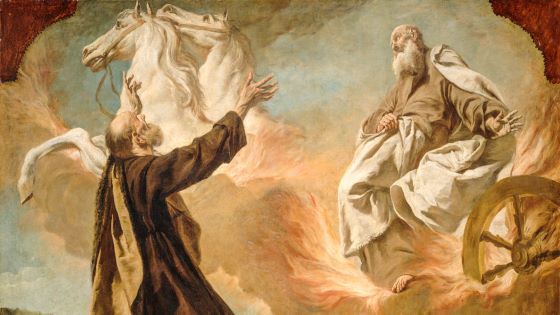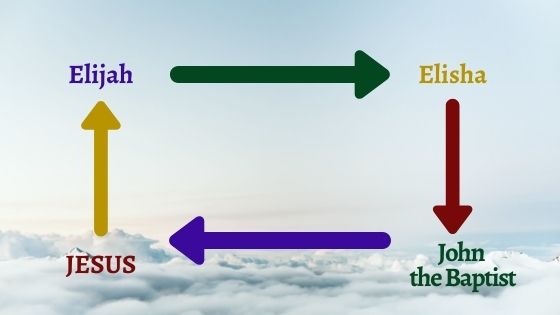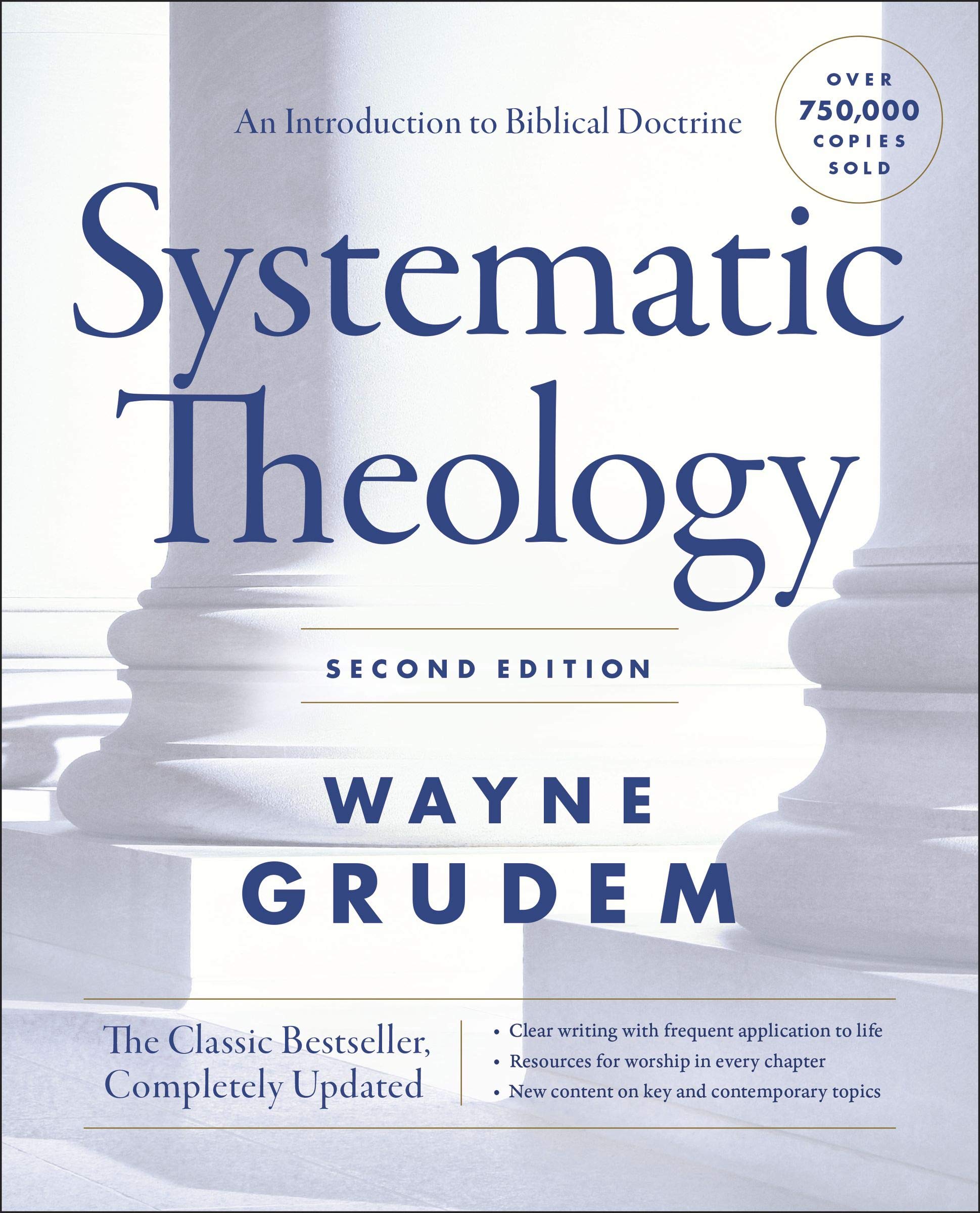Believers and non-believers alike have heard about John the Baptist. He is not only known to be the cousin of Jesus; he’s also the forerunner of the Messiah. But why do some people say that John is the “Elijah” that is to come?”
John the Baptist: Spokesman for God
John is one of the most prominent figures in the Bible. He was the first prophet called by God some 400 years after Malachi. John fulfilled the prophecy given in Isaiah 40:3.
The voice of one crying in the wilderness: “Prepare the way of the Lord; make straight in the desert a highway for God.”

Some biblical prophets, including Isaiah, had prophesied a new exodus, by which God could gather His people from exile (Isaiah 11:16; Jeremiah 23:7-8; Hosea 3:14-15). He would establish a way through the wilderness, as He had led His people through the wilderness of old.
John was a herald preparing the people for this event and for the coming of “the Lord” by which the Hebrews text of Isaiah referred to God Himself.
A Voice from the Jordan
It was down the hills of Jordan that curious people from Judea came to hear “the voice of one crying in the wilderness” (Luke 3:4). John the Baptist prepared the way for Jesus, the long-awaited Messiah, by preaching sermons of judgment against sin (Luke 3:7-18). He also baptized in the Jordan River those who heeded his message and repented (Luke 3:2).
Have you ever asked why John started preaching in the wilderness? Accordingly, the wilderness was one of the few places where prophetic figures could safely draw crowds, but of course, it lacked the amenities of civilization.
A first-century Jewish historian, Josephus, also reports that John baptized people in the wilderness, inviting them to spiritual transformation. Josephus, however, adapts his description of John to appeal to Greek readers, as he depicts the “sects” of Judea (Pharisees, Sadducees, and Essenes).
The Gospels, however, portray John in a way more in keeping with authentic Judean prophets, a preacher of the imminent new era of God’s reign.

In the Spirit of Elijah
John the Baptist ministered in the spirit and power of Elijah, for he was the Elijah-to-come spoken of by Malachi 450 years earlier (Malachi 4:5-6; Matthew 11:2-15; 17:9-13). Like Elijah, John the Baptist wore rough clothing (2 Kings 1:8; Mark 1:6; Luke 7:25) and ate what he could from the land.
More important, like Elijah, he stood unwaveringly before unjust religious and political authorities. He was also bold to judge them according to God’s standards (Matthew 3:7-9; 11:7; Luke 3:19-20). (Note: See 1 Kings 17:1; 18:21-40 for further reference.) Yet, Jesus, Himself was even greater!
As Elijah departed for heaven, his successor Elisha, received a double portion of his spirit (2 Kings 2:9-15). As if in confirmation of this fact, the writer of the biblical books of the Kings records twice as many miracles performed by Elisha than by Elijah.
Similarly, Jesus’ ministry far surpassed that of His predecessor, John the Baptist (Luke 3:15-17).
In the Spirit of Elisha
Most Christians appreciate the prophetic ties which connect Jesus to both John the Baptist and Elijah. The ministry of Jesus, however, can also be compared to that of Elisha, with John the Baptist playing the key intermediate role. The diagram below shows this:

Both Elisha and Jesus moved about the towns and villages of Galilee and Samaria, doing good among the common folk by healing lepers (2 Kings 5:1-27; Luke 17:11-19). They have multiplied loaves of bread for hungry multitudes (2 Kings 4:42-44; Luke 9:12-17) and raised the dead (2 Kings 4:18-37; Luke 7:11-17).
Nain, where Jesus raised a dead boy was less than two miles from Shunem, where Elisha did the same, prompting the residents of Nain to exclaim, “A great prophet has risen up [again] among us” (Luke 7:16).
Was John the Baptist Elijah?
The Bible calls John the Baptist “the Elijah to come” because he came in the spirit and power of Elijah. But he was not Elijah in a literal sense. John was the New Testament forerunner who pointed the way to the arrival of the Messiah, just as Elijah filled that role in the Old Testament.
John did not only deny that he was the Christ, he also specifically denied that he was Elijah (John 1:19-21).
Now, this is the testimony of John, when the Jews sent priests and Levites from Jerusalem to ask him, “Who are you?” He confessed, and did not deny, but confessed, “I am not the Christ.” And they asked him, “What then, are you Elijah?” He said, “I am not.”
John identified himself as the messenger of Isaiah 40:3, not “the Elijah” (Malachi 3:1).
One other thing, Elijah himself appeared with Moses at the Mount of Transfiguration after the death of John the Baptist. This would not have happened if Elijah had changed his identity to John.
Conclusion
John the Baptist is not Elijah. Scriptures such as Mark 8:28 and Mark 6:14-16 show that both King Herod and the people distinguished between Elijah and John the Baptist.
But how do we reconcile the teachings that Jesus identified John as Elijah and John the Baptist denying that identification? We must not overlook the key phrase that Jesus used. He said, “And if you are willing to receive it, he is Elijah who is to come” (Matthew 11:14).
Jesus’ identification of John the Baptist as Elijah did not rest on the premise that John was the actual Elijah. Rather, it hangs on the people’s response to his role. If the people willingly believed in Jesus as the Christ, John functioned as Elijah. But if they rejected Jesus, as the Pharisees did, John did not perform this role.
John the Baptist is a type of Elijah. As he announced the first coming of Jesus, the prophet Elijah announced the Second Coming of the Lord. Malachi 4:5-6 says Elijah will return before the Tribulation.
Reference Materials:
- The Transformation Study Bible (Edited by Dr. Warren W. Wiersbe)
- NIV Cultural Backgrounds Study Bible
- NKJV Prophecy Study Bible (Edited by John Hagee)
Disclaimer: As an Amazon Associate, I may earn a commission when you use any links on this page to make a purchase, but at no additional cost to you.
Recommended Resource: Systematic Theology, Second Edition: An Introduction to Biblical Doctrine by Wayne Grudem
 This new edition of Systematic Theology by Wayne Grudem may be the most important resource you can own for helping you understand Scripture and grow as a Christian.
This new edition of Systematic Theology by Wayne Grudem may be the most important resource you can own for helping you understand Scripture and grow as a Christian.
The most widely used resource of the last 25 years in its area, Systematic Theology by Wayne Grudem has been thoroughly revised and expanded (all 57 chapters) for the first time while retaining the features that have made it the standard in its field: clear explanations, an emphasis on each doctrine’s scriptural basis, and practical applications to daily life.
If you are someone who thinks theology is hard to understand or boring, then this new edition of Systematic Theology will likely change your mind.


So amusing is the ignorance of early church history among evangelicals.
The most important theologian b4 Constantine was Origen…he believed in reincarnation and was widely regarded as orthodox.
Also like the majority of early Christians he read a lot of the bible allegorically (not as inerrant) yet another reason to walk out of the church. As Gandhi said ‘I like ur Christ, I do not like ur Christians.
Jesus has left the building. Not blessed are the poor…blessed are the capitalists.
Hey Tim,
Thanks for stopping by.
I am aware that Origen was one of the most significant theologians of all time. But just because he believed in reincarnation does not mean Christians should hold the same view.
After all, what sets biblical Christianity apart from secular Christianity is its regard of the Bible as the authority when it comes to theology.
And just because Origen read most of the Bible allegorically does not mean Christians should too.
This is why there is such a thing as Hermeneutics — the art and science of proper Bible interpretation.
Shalom!